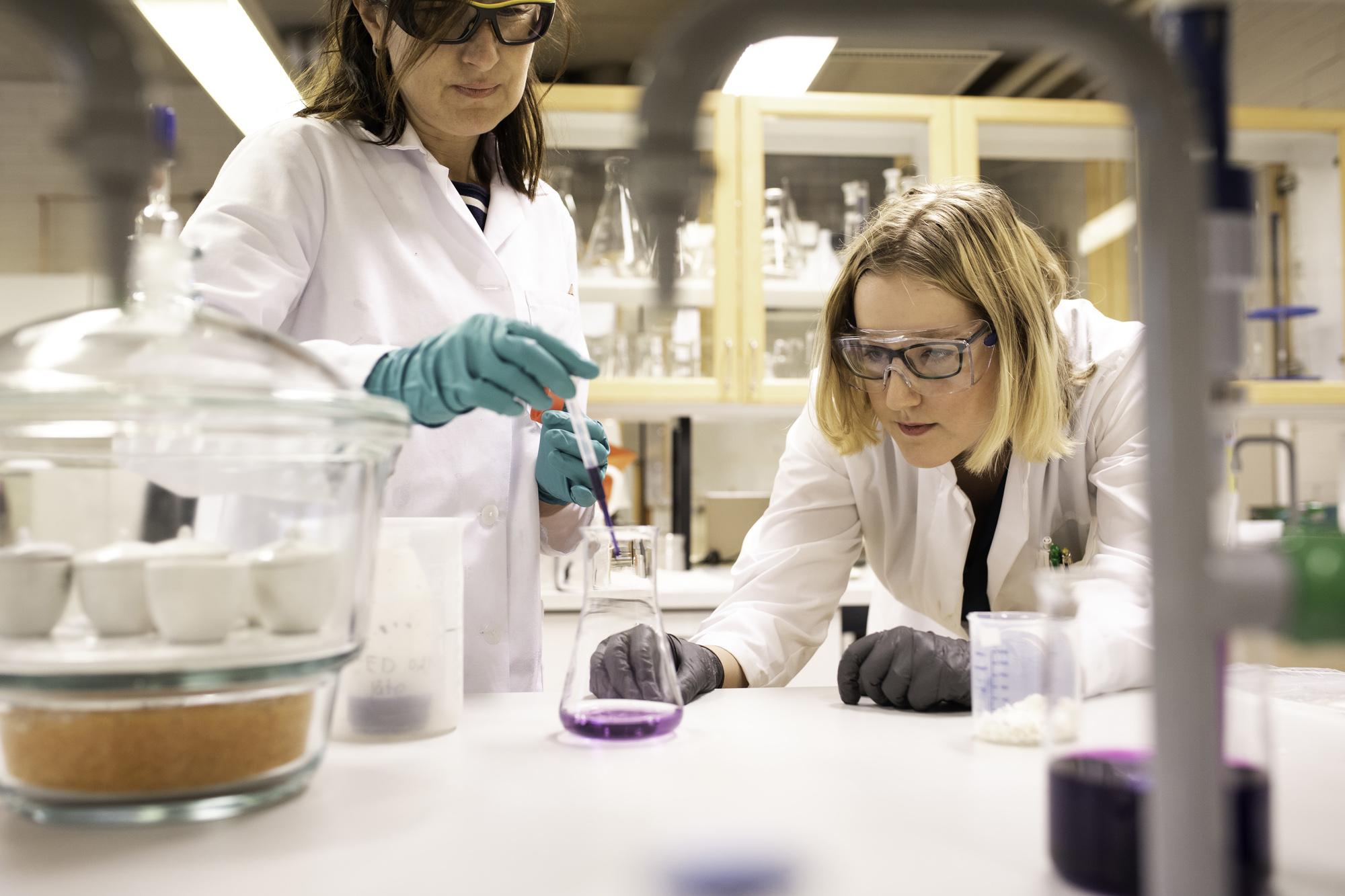- CH-Bioforce has been chosen for AB InBev´s global start-up accelerator programme
- CH-Bioforce fractionates the barley straw delivered by AB InBev, and work with our partners to make high-quality textiles
- The technology is already in place and fully functional
CH-Bioforce has been chosen for AB InBev´s global start-up accelerator programme, 100+Accelerator.
Solutions for some of the most pressing environmental challenges of our time
The world’s biggest brewing company, AB InBev, manufacturer of brands like Budweiser, Beck’s and Corona, generates millions of tons of co-product every year. The multinational company is now looking for new, sustainable solutions to put the waste streams into use.
Brewing waste like barley straw or brewer’s spent grain can be repurposed into other types of consumer products for food products or even as ingredients in cosmetics or pharmaceuticals. Packaging solutions are another option.
– This is where CH-Bioforce comes into the picture. We have been able to develop a breakthrough biomass fractionation technology which can use almost any kind of lignocellulosic biomass as feedstock. In 100+Accelerator, we fractionate the barley straw delivered by AB InBev, and work with our partners to make high-quality textiles, says Sebastian von Schoultz, co-founder of CH-Bioforce.
Six months of research and development
AB InBev’s accelerator programme lasts six months. In that time, the 17 start-ups chosen from around the world work to develop new technologies and sustainable solutions, including those that convert brewing waste into other uses. CH-Bioforce will use this period to refine technology that produces high-quality biopolymers – pulp, hemicellulose and lignin. These materials can replace oil and food-based materials in multiple applications.
– Our high-purity pulp can be refined into textiles. The end product could be a T-shirt, towel or a shopping bag. We are looking forward to exploring these opportunities further. Our technology is already in place and fully functional. In the long run, we can help AB InBev extract more value from their current residues and become a zero-waste company, says von Schoultz.
The brewing process produces other biomass waste streams in addition to straw, such as brewer’s spent grain. These can be used to produce high-quality biopolymers, which can then be used in the production of plastics, cosmetics or even food additives.
Photo: CH-Bioforce Oy

